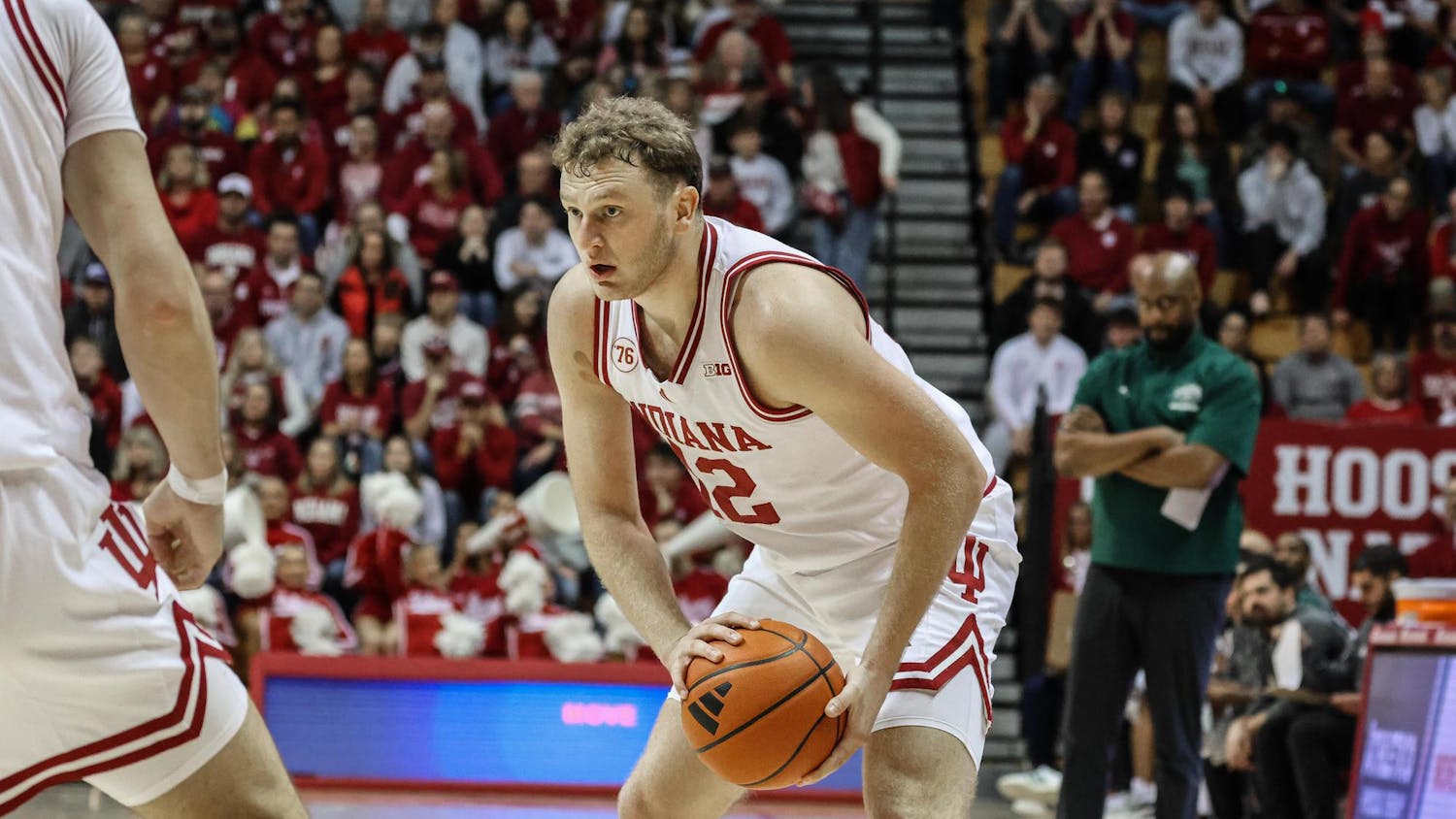They live and grow on everything you touch, are always nearby and are found on anything you have regular contact with. And they are all around campus – in the dorms, in high-traffic areas like the Indiana Memorial Union and in student-athlete facilities such as Assembly Hall.
Germs are inevitable, but preventive measures used to control the spread of germs and possible infection are what really counts, said Gary Chrzastowski, assistant director of facilities at the IMU.
Chrzastowski said he manages functions of daily in-house maintenance and necessary renovations at the Union’s department of custodial operations. This includes disinfecting hard surfaces and regular restroom maintenance.
“In a high-traffic area like the Union, it is hard to get everything all the time,” he said. “Therefore, all the frequently touched surfaces get paid special attention.”
Chrzastowski said sanitation duties are conducted by staff for 21 hours every weekday. He said on weekends and conference periods, additional staff are employed to ensure cleanliness and sanitation for IU visitors.
When it comes to where students live, constant sanitation can prove to be a challenge when students don’t clean up after themselves, said Steve Akers, associate director for environmental operations at Residential Programs and Services.
“We focus on the bathrooms heavily because students brush their teeth in the sinks and take showers there,” Akers said. “In addition to emptying trash and cleaning toilets, we scrub the shower areas thoroughly once a week to remove built-up soap scum and body oils.”
He said although the custodial staff spends a lot of time preparing for student arrival and departure to and from the dorms, nothing can prepare the staff for what is found when all the students are gone.
“At the end of the year, students have the chance to give back, in a way, because whatever we find that can be used is donated to local charities,” Akers said. “We’ve collected everything from canned food to clothes with the tags still on ... to microwaves.”
Akers said last year, students were particularly generous with what they left behind. He said that staff collected almost 30 24-foot truckloads of miscellaneous items and about 3,000 pounds of food items were collected to donate to Hoosier Hills Food Bank.
And then there are the horrors of entering some rooms at the end of the year.
“Sometimes a student’s hygiene may be particularly unpleasant,” he said. “You can go into a room and the odor hits you like a cloud. It’s like we need headgear to go in.”
He said this used to be a big problem, but lately students tend to be more in tune with their personal hygiene because it is linked to health, which is tied to studies and academic performance.
Chuck Crabb, assistant athletics director of facilities, said most student-athletes tend to understand this message.
“Of course, the Red Lot could always be much cleaner after football games,” he said. “And sometimes when lockers are cleaned out at the end of the year, it’s like the students leaving are saying, ‘Thank you, Bloomington, for the past four or five years.’”
Crabb said students and training staff, as well as Building Services at Physical Plant, all work together to provide a healthy and sanitary environment by mopping twice a day and immediately disinfecting any and all areas where athletes are located. He said one coach even makes players take turns cleaning and monitoring the locker rooms.
Crabb said student-athletes tend to appreciate what’s been given to them.
“Players may approach (their) teammates, and say, ‘Hey, I’ve gotta clean up after you,’” he said. “It’s the best kind of peer pressure. It promotes respect for those who have worked hard to keep things clean before you came.”
IU staff works to prevent germs from spreading
Get stories like this in your inbox
Subscribe





